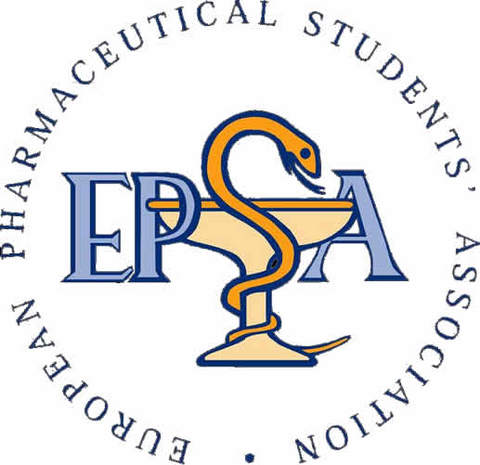EAHP and EPSA begin new period of collaboration
The European Association of Hospital Pharmacists (EAHP) and the European Pharmaceutical Students Association (EPSA) this week commenced a new collaboration with a full time EPSA intern joining the EAHP office.
David Preece will work with EAHP assisting in both advocacy on behalf of hospital pharmacists, and in preparing EAHP’s next flagship Congress, taking place in Paris from 13th to 15th March 2013.
David joins from the Pilgrim Hospital in Lincolnshire, England, where he worked as a rotational clinical pharmacist in such areas as elderly care, cardiology and aseptic services. David studied pharmacy at the University of Reading and has been active in the British Pharmaceutical Students Association (BPSA) in the role of Education Development Officer. More recently David has been working for EPSA as Educational Affairs Co-ordinator.
Speaking about taking up the position, David said:
“As the first EPSA intern within the EAHP, it is a great pleasure to be strengthening the working relationship between the two organisations in this way. I have a strong personal interest in the future role of the hospital pharmacist and hope this internship will enable me to learn more about hospital pharmacy practise across Europe, to develop a greater understanding of the way pharmacy is governed at an EU level and more about the EAHP as an organisation. I would like to thank colleagues at both EPSA and EAHP for making this opportunity possible.”
EAHP Chief Operating Officer Jennie de Greef said:
“We are delighted to have David joining the office, particularly as we commence busy preparations for what we hope will be another ground-breaking EAHP Congress in 2013. We have always valued our relationship with pharmacy students and as an organisation firmly focused on building the hospital pharmacy profession of the future it is a pleasure to have with us a young and enthusiastic hospital pharmacist who will be a part of that future. Both EPSA and EAHP look forward to the growth of this and other projects of collaboration.”
|




























